Polyphenols are a large family important antioxidants, which protect DNA and cell membranes, preventing the mutations leading to the cancer.
The word itself is "phenol" is a sign of a particular chemical formula - phenols themselves are mildly acidic and form a crystalline structure at room temperature. "Poly" means many, ie polyphenols are groups of many phenols together.
The main positive role of polyphenols is their beneficial effect on free radicals and limit the harmful effects of oxidative stress. Very often, these free radicals are formed under the influence of various external factors - pesticide drugs, heavy metals, ultraviolet light, and many others. These free radicals tend to cause a chain reaction of oxidation taking place in the cell wall. This is what is known as oxidative stress.
It is believed that free radicals significantly increases the risk of development of cancer or heart disease. Polyphenols help the body to more easily cope with oxidative stress.

There are thousands of species of polyphenols, but one of the most studied is the resveratrol contained in red wine. Flavonoids are also included in polyphenols, antioxidants that include several subclasses - flavones, flavonols, isoflavones, anthocyanins, flavanones, proanthocyanidins.
Benefits of polyphenols
Polyphenols are very good anti-inflammatory substances. Inflammation is the cause of many disease changes in the body. Studies show that a diet rich in polyphenols, help to reduce the risk of inflammation and reduce the damage of different infections.
Polyphenols prevent cardiovascular diseases by increasing the so-called good cholesterol while reducing fat in the blood vessels and fighting inflammation.

Polyphenols limit the effects of free radicals. A positive effect of flavonols was observed on heart and kidney diseases. They stimulate the production of nitric oxide and act in the relaxation of smooth muscle of blood vessels. A daily intake of flavonols is associated with a reduction in blood pressure.
Polyphenols in green tea improve oral hygiene. Some compounds block the formation of dental plaque, which causes periodontal disease.
Polyphenols in forest fruits help the brain to perform essential support functions. Fruits with red, blue and dark orange pigments can turn back the process of losing mental abilities. Polyphenols in berries help of specific cells called microglia to sweep toxic proteins that are associated with memory loss. With aging, your microgly gets worse and accumulates waste. Polyphenols help them to better carry out their functions.
Sources of polyphenols
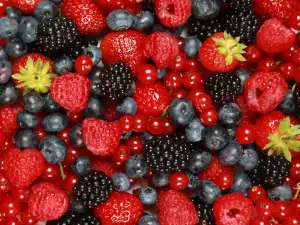
Rich sources of polyphenols are red wine and red grapes, raisins, blueberries, legumes, cabbage, onions, tea, celery and walnuts respectively. Coffee is one of the best sources of polyphenols. It helps the preservation of youth, not only due to the polyphenols but also the combination with caffeine and other useful substances. Most polyphenols are found in green coffee.
In the roasting process of the coffee beans are prepared melanoids - substances that also have a good protective effect on the body. Scientists believe that coffee has a number of other anti-oxidants, which have not yet been identified.
Generally, fruits and vegetables are the best sources of polyphenols. Cooking in most cases does not lead to the destruction of polyphenolic compounds, but the extremely high temperatures that are widely used in food industry, virtually destroy all their beneficial qualities.
Deficit of Polyphenols
As seen, polyphenols are a good source of protection against aging, cancer and heart problems. Poor in polyphenols diet is not good for the health and your body is exposed to the dangerous action of free radicals.
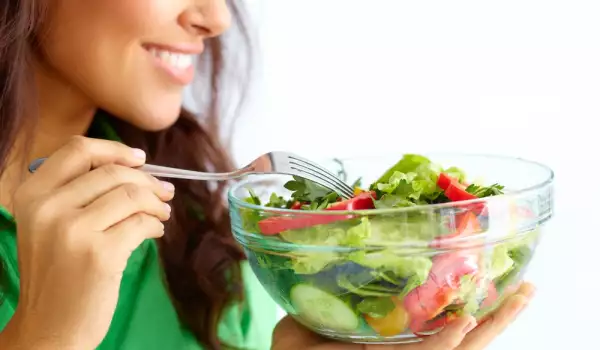

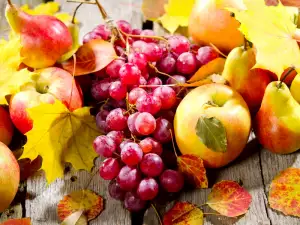
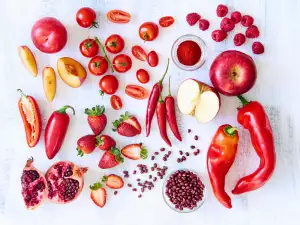
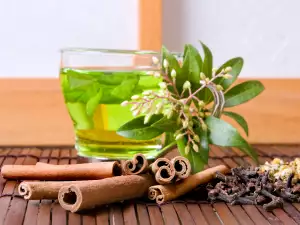

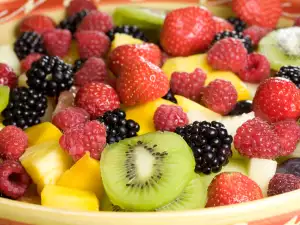

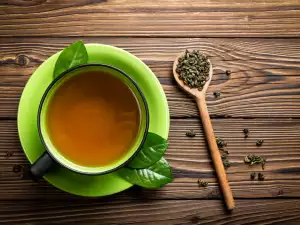
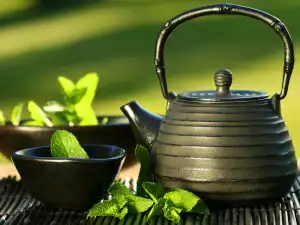

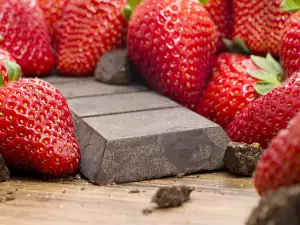

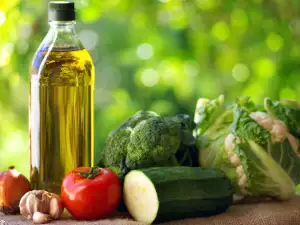
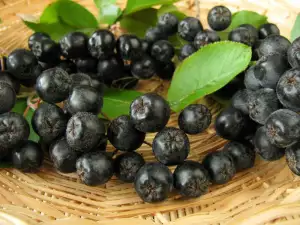
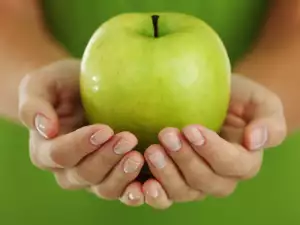
Comments